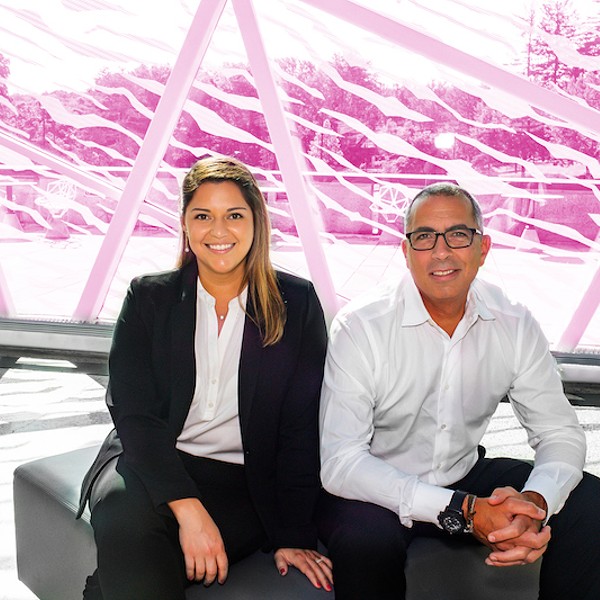In the `80s [the timeframe for The Spirit of the Place] there were a lot of advances that allowed country doctors to treat people fairly well. There were antibiotics, surgery, they knew how to deliver babies—when was the last time anybody went to a general practitioner for a delivery? The doctors then knew the holistic picture, to use a modern word. And they could take as much time as they wanted with a patient. A lot of people paid in cash, and if they couldn’t get payment, by and large, a doctor would treat for free—or take something, like a chicken, as payment. Medicine wasn’t that commercialized yet.
That’s changed dramatically. What do you think has happened?
The Spirit of the Place is looking back to 1983, to ‘84; House of God was 10 years earlier. These were significant periods in American medicine. When I graduated from medical school in 1973, everybody was excited about healthcare. And because we were products of the 60s, because we had been active in the civil rights movement and the movement to stop the Vietnam war, which were successful, then when we saw things in the medical system that were inhumane, we tried to stick together and change that. For example, when reps from drug companies came along and said, “Here, here are your free black bags and stethoscopes,” almost the whole class said, “We’re not taking those! You’re big pharma, and you’re just trying to control us!” Now it’s “We’ll take two!”
What I was doing in the book, unconsciously to some degree, is to parallel the transition from the 60s [to today]. Lyndon Johnson is the one who put in the community mental health movement, trying to get better medical care for people, better welfare care—it was a tremendous movement—even Nixon was kind of part of it. What happened was, in reaction to the sixties, the politics all changed. The big, big change was Ronald Reagan, because what he did, not so subtlety, was start the movement toward privatization—removing the safety net from poor and underprivileged people. He didn’t care about mental health centers, he didn’t care about health care. He cared about insurance companies and corporations.
So I think that in reaction to the social movements of the sixties, America got scared and found their hero in Ronald Reagan. He’s the one who said, “It’s morning in America!” It was a horrible lie. It was a terrible situation. He was assassinating leaders in Panama and Ecuador, and secretly doing the Iran Contra thing, and people were afraid of the Soviet Union.
So to jump forward, now the economy is a disaster, the war is a disaster. And medical care is a disaster, because there’s no money for it and because, I believe, it continues to be a private insurance system instead of a public one that is the responsibility of the government. Healthcare is definitely worse now, in lots of ways. It’s the worst it’s been in my lifetime. There are almost 50 million uninsured, about a sixth of the population. It’s never been like that. And your chance of having a mistake made in your hospital stay is up around 40 or 50 percent now.
That’s very disturbing. Why is that?
Because the doctors and the staff don’t know the patients, patients are in for shorter stays so there is not a real ability to make a connection [between doctor and patient], and the financial crunch is such that it impinges on treatment. In inpatient treatment, doctors are in a hurry, nursing pay is down; in outpatient, doctors are rewarded for providing less care, because less care is less expensive.
Plus, there is a tremendous crisis in getting primary care physicians. It’s almost impossible if you’re a new patient. It just doesn’t pay [to be a primary care physician], it’s hard work, there’s the threat of lawsuits—nobody is going into it anymore. In my class, in 1973 at the Harvard Medical School, probably 25 or 30 out of a hundred went into primary care or family medicine—we loved it. Now, just the other day, I talked to some people at the Harvard graduation, and something like two go into primary care. Two! Now they specialize in something like radiology—they make a fortune, set their own hours—or like cardiology, general surgery, even dermatology, things like that. So, medicine has certainly changed.
















